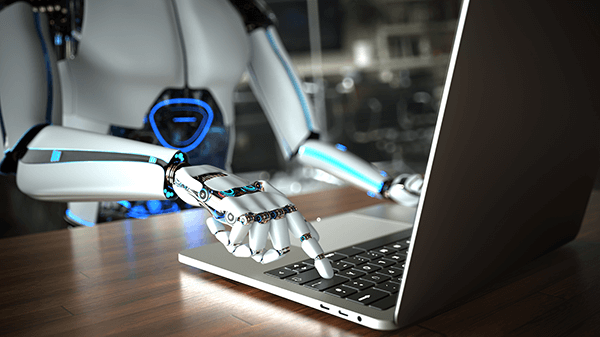
In an era dominated by technological advancements, the appeal of artificial intelligence (AI) is hard to ignore. From self-driving cars to virtual assistants, AI has permeated various aspects of our lives. However, when it comes to the world of literature, there’s a debate brewing among authors about the use of AI to write novels. While AI has proven useful in various fields, relying on it entirely for crafting a novel comes with its own set of pitfalls and challenges. In this article, we’ll explore why authors should think twice before handing over the creative reins to AI.
Lack of Emotional Depth
One of the critical aspects that sets great novels apart is the emotional depth that authors infuse into their work. AI lacks the ability to truly understand and express human emotions, making it challenging to create characters that resonate with readers on a profound level. Novels thrive on the authenticity of emotions, and AI-generated content may fall short in capturing the nuances that make characters relatable and memorable.
Creativity Beyond Algorithms
While AI can process vast amounts of data and generate content based on patterns, it cannot replicate the genuine creativity that stems from human experiences, emotions, and imagination. Novels often explore unique perspectives, innovative ideas, and unconventional storytelling methods that go beyond the confines of algorithms. Relying solely on AI may result in a narrative that lacks the richness and unpredictability inherent in human creativity.
Authentic Voice and Style
Every author possesses a unique voice and writing style that distinguishes their work. AI, on the other hand, lacks a personal touch and may struggle to capture the idiosyncrasies that make an author’s writing style distinctive. The authenticity of an author’s voice is a key component in creating a connection with readers, and relying on AI too heavily may compromise the integrity of that voice.
Unpredictable Narratives
Novels often thrive on unexpected twists, turns, and revelations that keep readers engaged. AI operates on predefined algorithms and patterns, which can result in predictable and formulaic storytelling. Crafting a truly gripping and unpredictable narrative requires the human ability to think outside the box, challenge conventions, and introduce elements that AI might overlook.
Ethical Considerations
The use of AI in creative endeavors raises ethical questions about authorship, ownership, and the role of human creativity. Readers often appreciate the genuine effort and personal touch that authors bring to their work. Using AI to write a novel may lead to concerns about authenticity, transparency, and the true origin of the creative content.
While AI has its benefits in various fields, using it to write a novel may not be the right route for authors seeking efficiency. The pitfalls of lacking emotional depth, limited creativity, compromised authenticity, predictable narratives, and ethical concerns outweigh the potential benefits. In the realm of novel writing, human intuition, emotions, and creativity remain irreplaceable, making the role of AI in crafting literary masterpieces a questionable endeavor. Authors can instead use AI as a tool for assistance rather than a replacement for their unique creative abilities.
